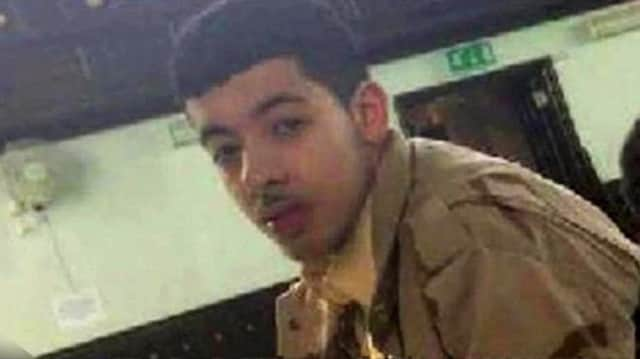Leader comment: Questions to be asked of UK intelligence


But since Salman Abedi detonated a bomb at Manchester Arena on Monday night, killing 22 people, we have learned a lot, very quickly. First we found out that he was known to the authorities, and was a UK national of Libyan descent, the son of Libyan refugees who had fled Colonal Muammar al-Gaddafi. Then it quickly emerged that Abedi had recently arrived back in the UK from Libya, where his parents had returned to after Gaddafi’s death. Now there are reports that Abedi displayed the black flag of Islamic State while living in Manchester, and there are claims that two people who knew him made calls to the police to warn about his increasingly extremist views.
A picture is emerging of Abedi being a clear terrorist suspect before his appalling act, and part of a network which may well have built and supplied him with a bomb.
Advertisement
Hide AdAdvertisement
Hide AdOf course, the ability to identify him immediately after his death has brought much of this information to light, but it is inevitable that questions are going to be asked about why Abedi was not under greater surveillance by the security services, given his background and his recent movements. It is very difficult to prevent the terrorist who was not previously known to the police, but on the basis of the information we know at present, it is becoming clear that our current intelligence gathering has not detected a number of signals which, put together, could have raised the alarm when Abedi returned from Libya only a few days ago
It is dispiriting to admit it, but putting troops on the streets would not have deterred Abedi. A military presence could put off an attacker with a knife or a gun, but the suicide bomber will simply choose one of the countless other soft targets where no armed security force is present, or go ahead with his attack regardless. Once the device is detonated, it is too late to respond.
Strong intelligence is the only effective way to counter terrorism, and what we may have found this week is that our intelligence services require reinforcement. As it was put this week, it is not more visible officers we require – it is more “invisible” officers.